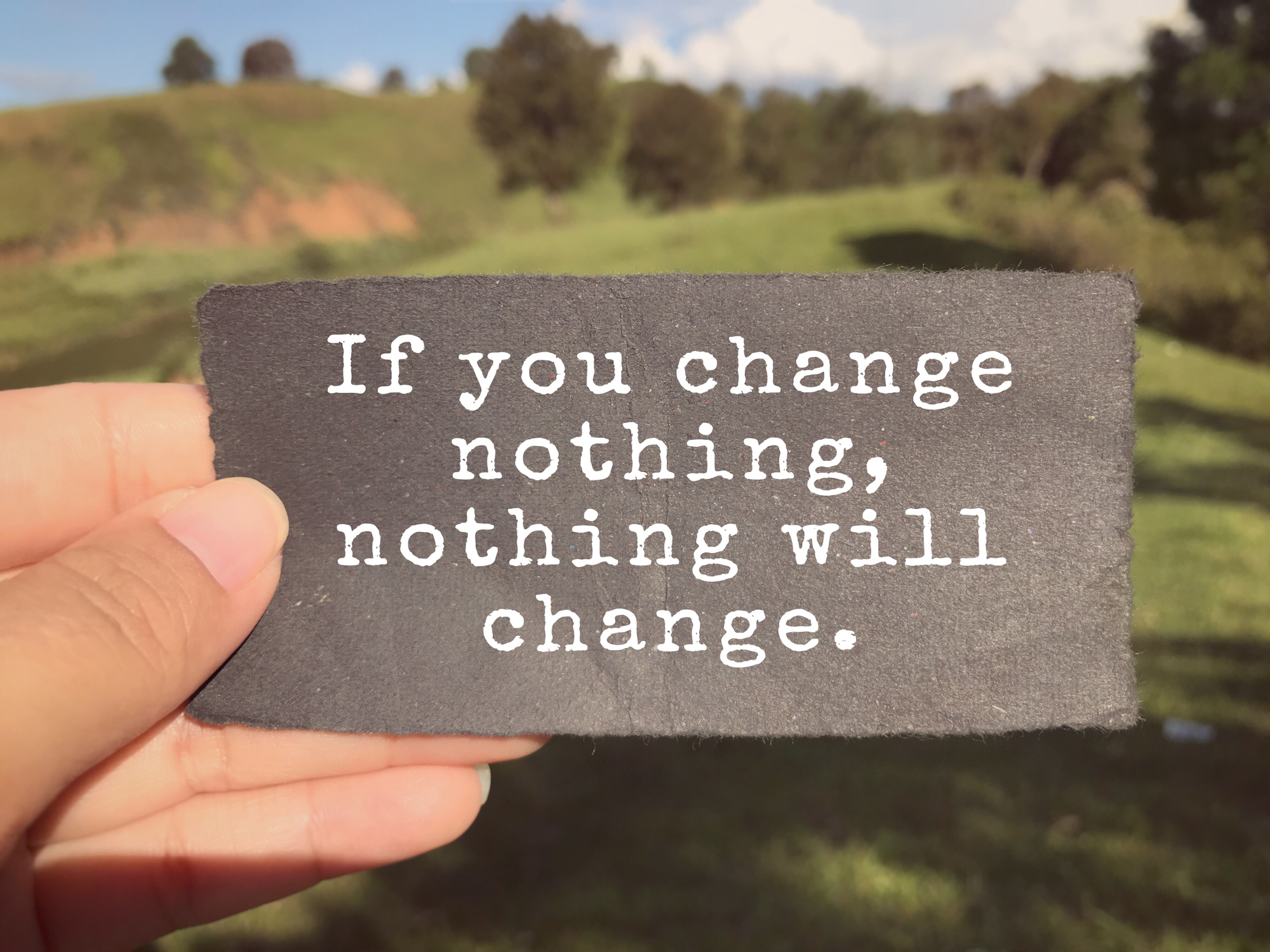MENUMENU

We learn better when learning is a positive experience rather than aversive.
This fundamental concept underlies learning as well as evidence-based
clinical interventions like motivational interviewing. The brain’s “reward
system” pushing us towards better adaptation to our environment.
As in the case of children’s education, educational progress is made when
learning is adapted to the child’s particular learning style, strengths and
preferences. As too often seen in education, ignoring children’s special
educational needs tragically ends in damaged self-image, frustration, and
pressure to maintain maladaptive patterns of behaving.
The learning process is improved further by adapting it to the goals of the
individual in their pursuit of happiness or as quantified by their assessment
of their quality of life. Goals inevitably should support a positive self image
capable of change.
Long term, positive, educative, and supportive clinical experiences improve
outcome of chronic diseases like hypertension, diabetes, or addiction. The
long term disease management model of addiction allows for natural
processes of engagement with clinician’s and the trial and error process
inherent in behavioral change.
Abstinence from harmful drugs is the optimal long-term goal sometimes
requires a long period of time in an ideal environment for the individual
patient to learn, grow and adapt.
A chronic disease or case management care model includes real-time data
relevant to patient’s outcome. Urinalysis, mood ratings, quality of life
indicators, and general health are tracked to reap action clinical
information.
The foundation of a personalized treatment plan is a skillful alignment with
the patient’s chosen goals and their unique neuroadaptive path towards
better quality of life.